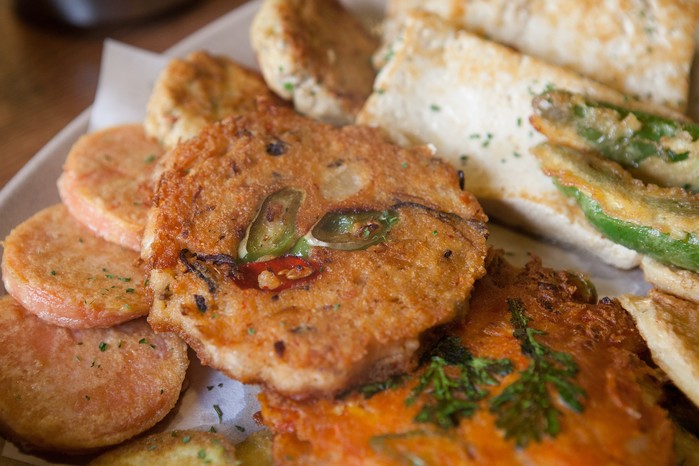
[The Public = Daniel Park] Changes are taking place as the holiday celebrated in the midst of COVID-19 continues for two years. Not only are family gatherings reduced, such as not going back to their hometown, but there are also families that aren’t having ancestral rites on this occasion. As more and more people think that there is no need to hold ancestral rites centering on the younger generation, an analysis suggests that the advent of a new holiday culture is accelerating due to COVID-19.
As a result of a Gallup Korea survey of 1,001 adults nationwide, 19% of the respondents had plans to visit their hometown for more than one night during the Chuseok holiday. According to Gallup, the response rate of returning home for more than one night for Chuseok has exceeded 30% each time since 1989 and reached 39% in 2016, but this year and last year (16%) have significantly decreased. The number of respondents who said, “I plan to meet family and relatives living separately” also decreased by 33 percentage points to 47% compared to 2016 (80%). The number of family and relative gatherings has decreased due to the impact of COVID-19, and even those who have meetings are reducing the number of visits.
In particular, among women who suffer from heavy housework during holidays, voices are high that they feel the change caused by the COVID-19. Her eldest daughter-in-law, a full-time housewife, Miss Park (59), said, “Originally, I was busy preparing food for my relatives and making ancestral rites every holiday.”. Park said, "Her mother-in-law was very worried about the corona infection, so she decided to spend the holidays at each house this year as well." A working mother, a 34-year-old mother, also said, “My husband has a large family, so it was difficult to spread out 100 sheets of mung bean pancakes on holidays, but since last year’s Chuseok, even if I go to my in-laws’ house, I only show my face and come home right away.” I think that the only advantage of Corona is that you do not have to waste time and labor on preparations.”
In addition to temporarily reducing ancestral rites, some families are also appearing one after another to abolish ceremonies due to COVID-19. Recently, in various online communities used by housewives, "My mother-in-law told me not to hold a ceremony starting this Chuseok. I have benefited from the corona virus.” “I am a particularly patriarchal family, but the corona seems to have had an impact. A number of articles were posted saying, “The daughters-in-law called for joy in their hearts.” Park also said, "I have a feeling for my deceased father-in-law, so I'm doing the ancestral rites, but among young people these days, who cares about ancestral rites?
As such, it is analyzed that COVID-19 is having an impact on advancing the new holiday culture, such as reduction or abolition. Park Jong-cheon, a professor at Korea University's Institute of National Culture, said, "As the main family type has changed from extended families to nuclear families and to single-person households, the voices of young people centered on 'it's okay to abolish ceremonies' have grown noticeably over the past 20 years." In the meantime, many people experienced for the first time a 'holiday in which families do not gather' due to the corona virus," he explained. Professor Park then predicted, “Due to generational change, the ritual culture has been changing gradually from the beginning, but as the corona virus has been going on for two years, it will have a certain effect in accelerating this change.” In fact, according to the Ministry of Gender Equality and Family's family survey last year, 53% of teenagers, 63.5% of 20s, and 54.9% of 30s responded that they 'agree not to hold ancestral rites', with the consent rate of 'MZ generation' exceeding 50%.
Nevertheless, it is pointed out that the gender-discriminatory holiday culture needs to be improved as the phenomenon of household work being concentrated on women is still there. According to a Gallup survey, the number of women who cited housework as “the reason they hate holidays” is decreasing from 49% in 2001 to 18% this year, but it is significantly higher than the male response rate, which is 3-4% every year. Professor Park said, “No matter how the holidays are celebrated, it is important for women and men to share the labor.” he suggested.
[Image by Pixabay]
The Public / Daniel Park webmaster@thepublic.kr
더퍼블릭 / Daniel Park webmaster@thepublic.kr
